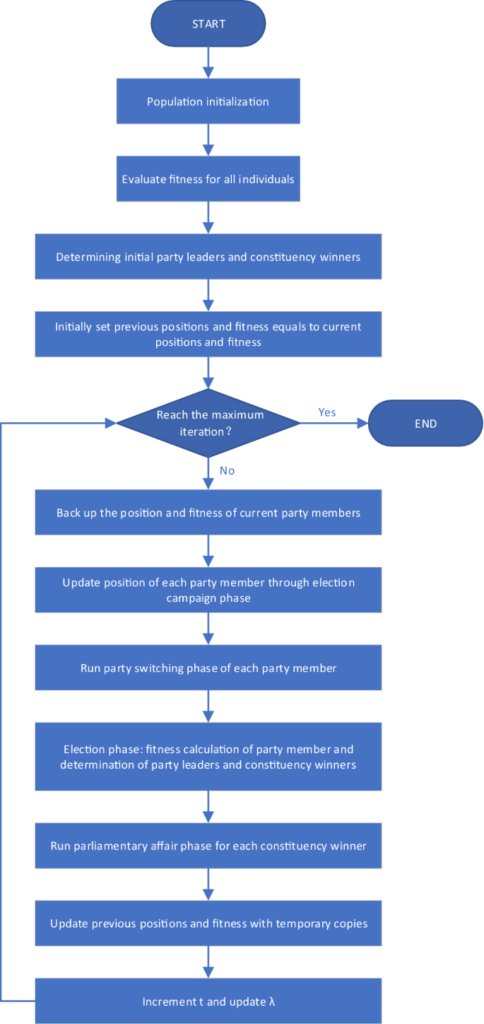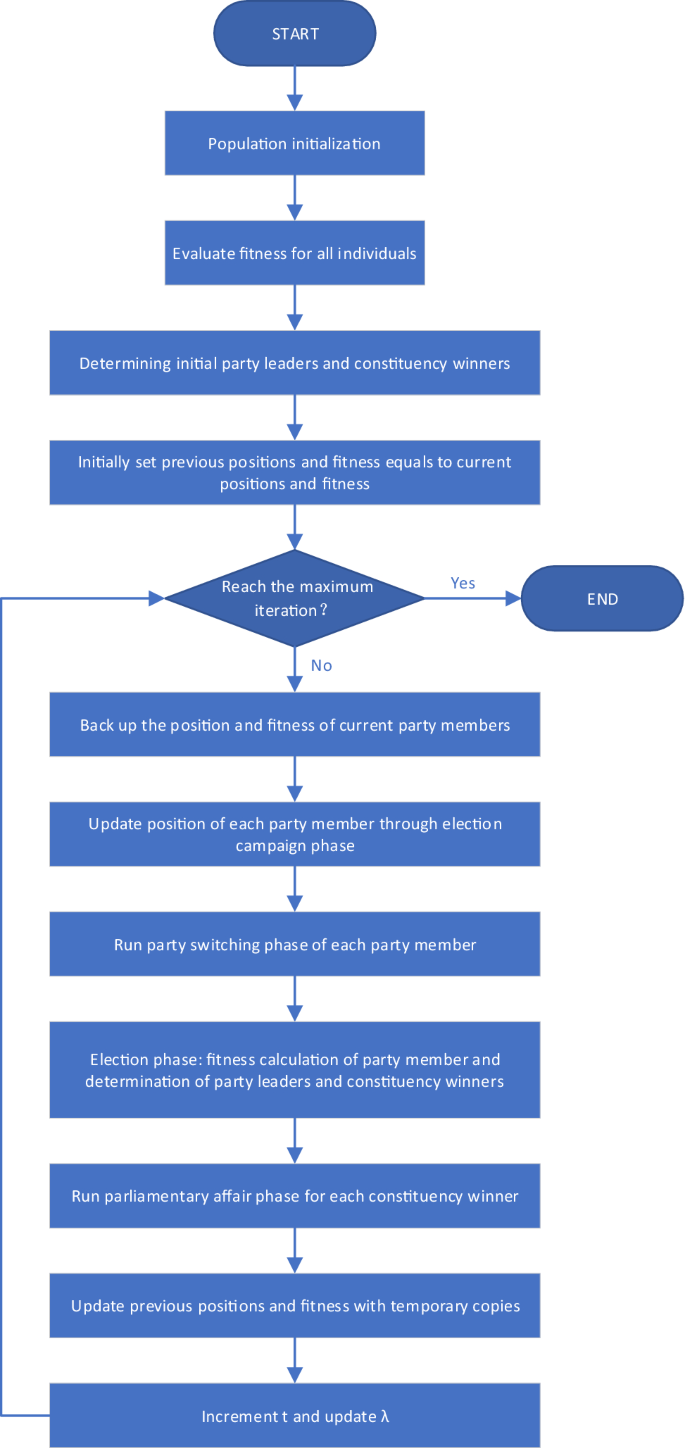
By K Raveendran
The controversial circumstances surrounding the appointment of the new Chief Election Commissioner (CEC) have given rise to a sense of distrust between the Congress party and the Election Commission, setting the stage for a difficult and fraught relationship. The tension was further exacerbated when Rahul Gandhi publicly expressed his dissent, effectively institutionalizing this mistrust. While he refrained from making direct personal attacks on the appointee, his concerns about the selection process itself have created an unavoidable rift. This dynamic between a major political party and an institution responsible for conducting free and fair elections threatens to undermine democratic processes and public confidence.
Distrust between political parties and the Election Commission is not new, but the current scenario presents a particularly precarious situation. Given the longstanding concerns about the possibility of Electronic Voting Machine (EVM) manipulation, any perception of bias in the appointment of the CEC only fuels further suspicion. The opposition’s contention that EVMs could be misused has already created a deeply polarized debate, with accusations and counter-accusations clouding the electoral process. The new CEC, whose very appointment has been questioned, now finds himself in a position where he must not only ensure fairness but also convince skeptics of his impartiality. This is a burden that might have been avoided had the selection process been more transparent or conducted in a manner that left no room for allegations of political manoeuvring.
One of the primary concerns arising from the controversy is the way in which the deliberations of the selection committee were made public. Unlike the Supreme Court collegium, which maintains strict confidentiality regarding its internal discussions, the process of appointing the CEC played out in a manner that allowed for disagreements to spill into the public domain. The Supreme Court has explicitly ruled that the deliberations of the collegium must remain confidential to preserve the integrity of the decision-making process. This principle ensures that differences of opinion do not translate into public disputes that could undermine the legitimacy of the final decision. Had the same discretion been applied in this case, the public perception of a fractured decision-making process might have been avoided, and the Election Commission could have been shielded from the immediate loss of credibility that followed the appointment.
The argument for confidentiality in such appointments is rooted in the need to maintain the sanctity of institutions. Once a selection process is tainted by public controversy, the individual appointed must function under a cloud of suspicion, regardless of their actual competence or integrity. The Election Commission, as an institution, relies heavily on public trust. If one of the key stakeholders in the electoral process—the opposition—expresses overt distrust in the very person appointed to oversee elections, it creates an almost insurmountable challenge for the appointee to prove his or her neutrality. While public scrutiny is essential in democratic processes, there is a difference between transparency and allowing a process to become mired in political controversy. The latter serves only to diminish institutional authority and encourage further conflict.
The current crisis is also indicative of a deeper malaise affecting democratic institutions in the country. If opposition parties feel that the process of selecting a key official is compromised, they are likely to adopt a more adversarial approach towards the Election Commission, not just in this instance but in every decision that follows. This leads to an erosion of institutional authority, where every ruling, directive, or clarification from the Election Commission is viewed through the lens of partisanship. Democracy functions best when institutions retain a level of unquestioned legitimacy. If the credibility of the Election Commission is repeatedly challenged, the very foundation of electoral democracy is at risk.
There is also the added complexity of how this development will impact future elections. An opposition that already suspects foul play in the electoral process will likely escalate its rhetoric against the Election Commission, leading to a situation where the results of elections themselves could be questioned. This is a dangerous precedent, as it not only delegitimizes the role of the Election Commission but also weakens the entire democratic framework. If political parties refuse to accept the outcomes of elections based on perceived biases in the selection of electoral officials, the democratic process itself becomes unstable.
It is crucial to recognize that in a democracy, processes must not only be fair but must also be seen to be fair. The controversy over the appointment of the CEC could have been mitigated had there been broader consultation, a more inclusive selection process, or at the very least, a more tactful handling of disagreements within the selection committee. The perception that the process was politically motivated is what has given rise to much of the current distrust, and once public confidence is shaken, it becomes exceedingly difficult to restore.
One potential solution to such controversies in the future is the establishment of a more robust and widely accepted mechanism for the appointment of key constitutional functionaries. While the Supreme Court’s decision to involve the opposition in the selection process was meant to ensure greater fairness, it has ironically led to greater public discord. If such appointments continue to be marred by public disagreement, the focus should shift towards refining the process itself rather than allowing disputes to take centre stage. Perhaps a more consensus-driven approach, where multiple stakeholders, including neutral constitutional experts, play a role in the selection, could ensure a more widely accepted outcome.
Additionally, the Election Commission must take proactive measures to restore public confidence. This includes making clear and decisive interventions whenever concerns about electoral integrity are raised. The mere presence of controversy should not prevent the Commission from asserting its independence through concrete actions. Demonstrating a commitment to impartiality through actions rather than words will be key in reassuring sceptics. This could involve stronger oversight mechanisms for elections, greater transparency in its internal workings, and more stringent responses to allegations of electoral misconduct.
It is also imperative for political parties, particularly the opposition, to calibrate their response in a manner that holds institutions accountable without completely eroding public faith in them. While questioning the fairness of the selection process is within the bounds of democratic discourse, completely discrediting an institution can have long-term consequences. If the Election Commission is continually portrayed as an extension of the ruling party, it becomes difficult for it to function effectively. The opposition must find a way to highlight legitimate concerns without completely delegitimizing the institution itself. (IPA Service)

